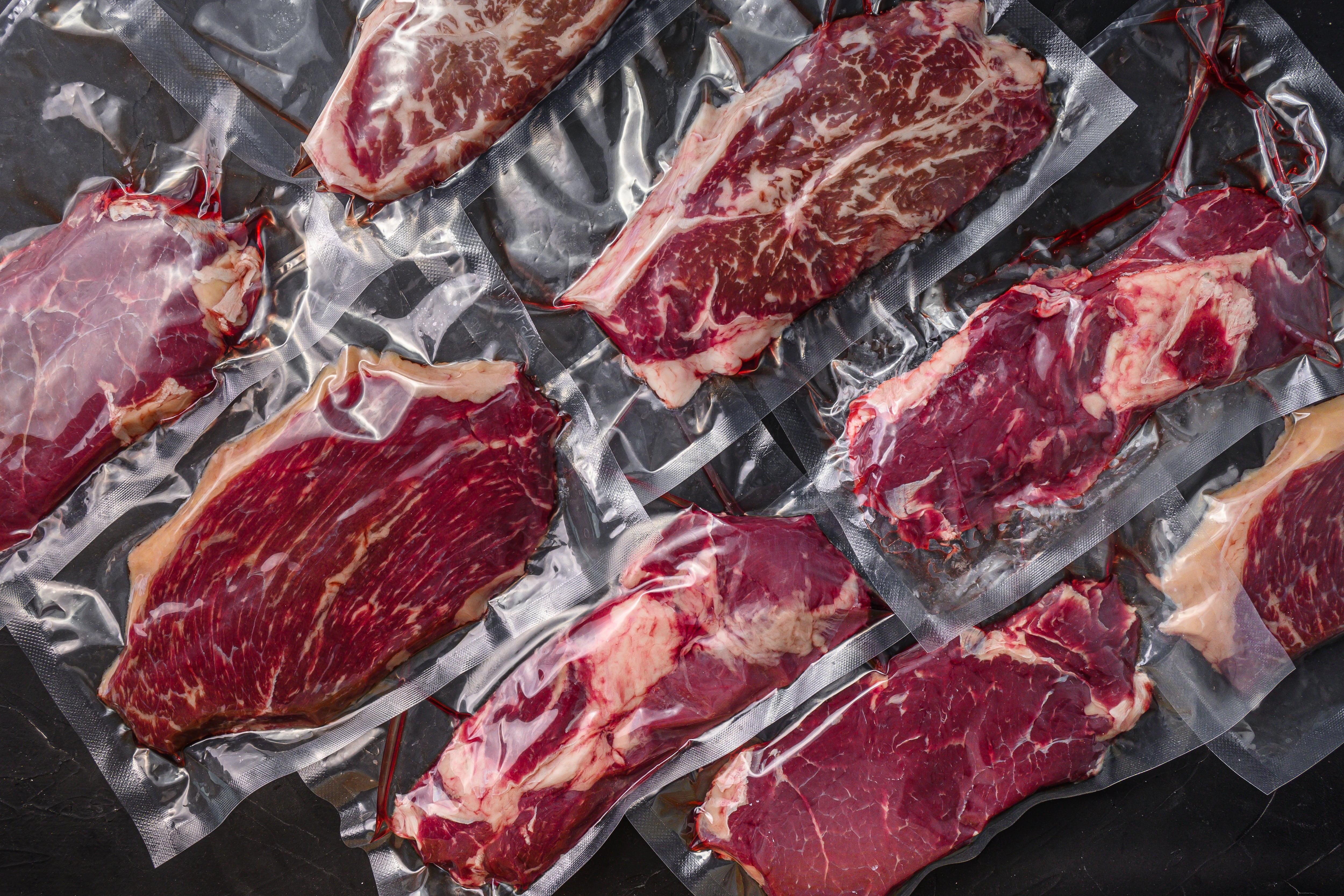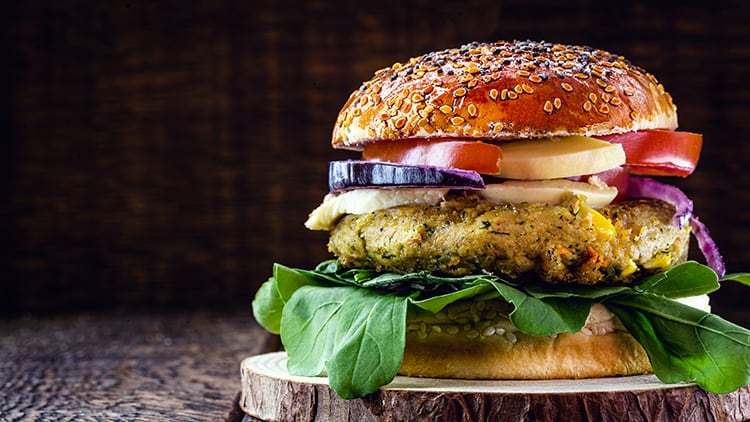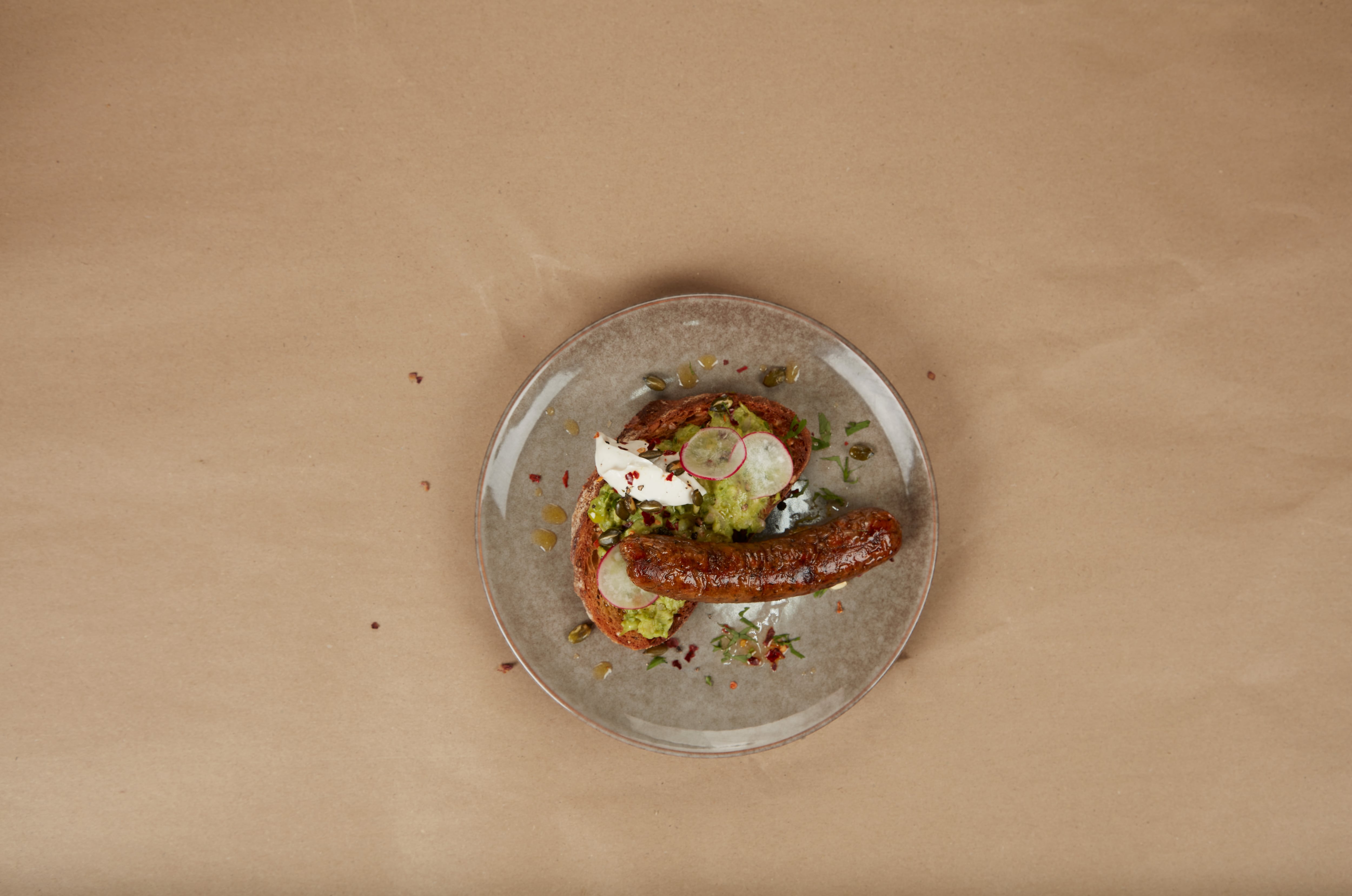Lucy Manzano told the Environment, Food and Rural Affairs (EFRA) Select Committee that illegal meat is now available on “most high streets” in the UK due to a lack of proper health checks.
Under the current system, checks on commercial vehicles do not take place at Dover, but instead at a border control post 22 miles away in Sevington.
“Defra have continually stated that there are robust controls in place,” Manzano told the committee.
“There are not. They don’t exist.”
She also criticised Defra for failing to provide “any confirmation of how food would be controlled at the point it arrives, or more importantly, between the point it arrives and the inspection facility that is accessed 22 miles across”.
The concerns have been raised amid recent outbreaks of deadly animal diseases across Europe, with the UK Government responding by stating that in will not “waver in its duty to support the UK’s biosecurity”.
“We are unequivocal that importing illegal meat products is unacceptable – which is why suspected products are subject to thorough checks at the border to ensure they don’t reach our shores,” added a Defra spokesperson.
The EFRA Select Committee was speaking to Manzano as part of a newly launched inquiry on animal and plant health.
Explaining the purpose of the inquiry, committee chair and Liberal Democrat MP Alistair Carmichael said: “The biosecurity measures we have in this country are of the utmost importance. Any weak points expose the UK to serious risks, such as African swine fever, which would have catastrophic consequences for the agriculture sector.
“In this inquiry, we are setting out to assess the adequacy of our biosecurity measures and will consider what could be done to strengthen biosecurity at the border.”
Failings acknowledged
Meanwhile, a report from the Bureau of Investigative Journalism (TBIJ) published last month revealed that UK health chiefs were privately admitting during meetings held in 2023 that a lack of border inspections had left British consumers exposed to diseased meat.
Documents uncovered by TBIJ reveal that in a series of meetings, food safety and health bosses discussed how the UK’s borders could have been allowing infected meat to enter the country.
Minutes from the meetings attended by the UK Health Security Agency (UKHSA), the Food Standards Agency (FSA) and its devolved partners, acknowledged that there were “no current border controls in place”, and that paperwork and physical checks on imported goods were not due to start until 2024.
The delays in implementing checks on imported food meant hundreds of people were poisoned by imported meat during a series of major salmonella outbreaks.





